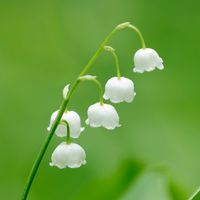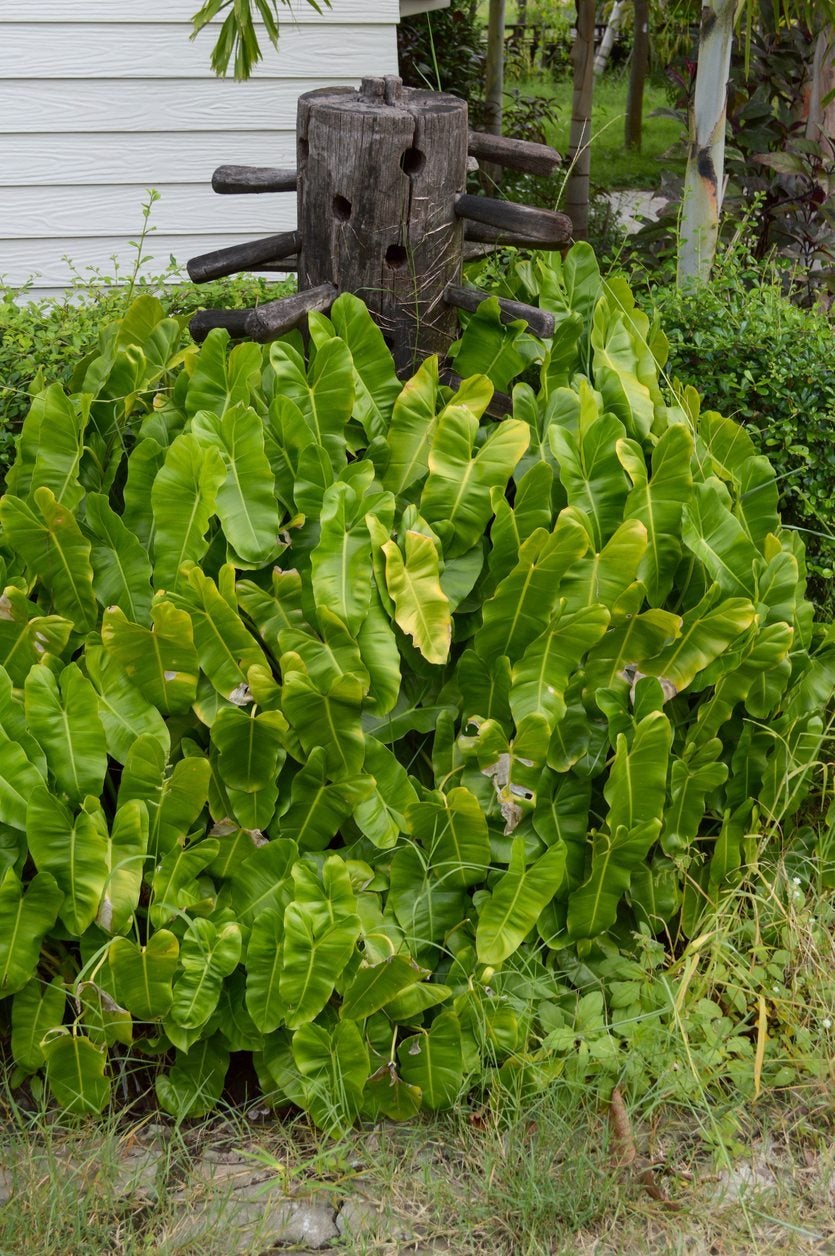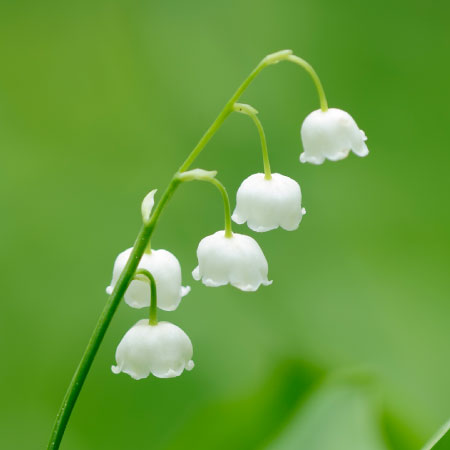Outdoor Philodendron Care – How To Care For Philodendrons In The Garden


The name ‘Philodendron’ means ‘tree loving’ in Greek and, believe me, there is plenty to love. When you think of philodendron, you may envision a houseplant with big, heart-shaped leaves, but there are actually several hundred species of these beautiful tropical foliage plants featured in a wide variety of leaf sizes, shapes, and colors. A majority of the species are vining, with leaves 3 inches (8 cm.) to 3 feet (91 cm.) in length, while others are in more of a shrub shape (self-heading). While they have a reputation as great easy-to-grow houseplants, can philodendron plants grow outdoors? Why yes, they can! So, let’s learn more about how to care for philodendrons outside!
Outdoor Philodendron Care
When learning how to care for philodendrons, it is best to consider the growing criteria for your specific variety; however, this article can help provide you with a general overview of outdoor philodendron care. The first question you should ask is, “In my region, can philodendron plants grow outdoors?" Given that philodendrons are tropical plants, you will only be able to grow them outside year-round, with any measure of success, in a warm weather climate where temperatures do not dip below 55 degrees F. (13 C.) at night, although 65 degrees F. (18 C.) is more ideal since they really do not like the cold. The rest of us, including myself, as I live in the northeast U.S., will be carting our philodendron plants in their respective containers indoors and out, according to the season and the reading on the temperature gauge. Given that philodendrons can reach some significant height, I’m sure that some of us with container philodendrons will opt to keep our plants inside year-round, but I prefer to give mine some outdoor time, as it really seems to boost growth. When planting philodendrons in the garden, or when situating your philodendron container outdoors, you need to consider that philodendrons are forest dwelling plants that are best served in a location that provides shade and indirect sunlight. Full sunlight will cause yellow sunburnt leaves, and you don’t want that. The soil should be kept consistently moist but never soggy, be well draining, and rich in nutrients and organic matter. A light feeding every three to four months with granular food is also recommended when caring for your philodendron outside. Another important consideration to make when caring for your philodendron outside is that they are toxic to people and pets, causing severe inflammation of the mouth and throat. Their sap is also known to cause skin irritation, so please be sure to wear gloves when trimming the plant and to disinfect pruning tools upon completion of pruning tasks. Pruning is not really a requirement for promoting growth for your philodendrons in the garden, but you may need to trim away dead or yellow leaves on occasion.
Sign up for the Gardening Know How newsletter today and receive a free copy of our e-book "How to Grow Delicious Tomatoes".

Shelley Pierce was a writer for Gardening Know How, contributing to hundreds of articles for the site.